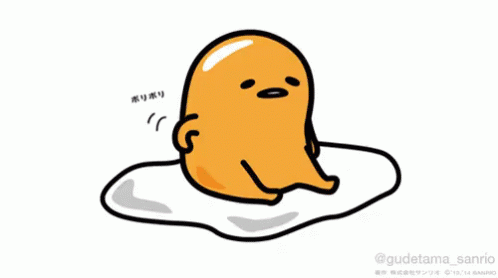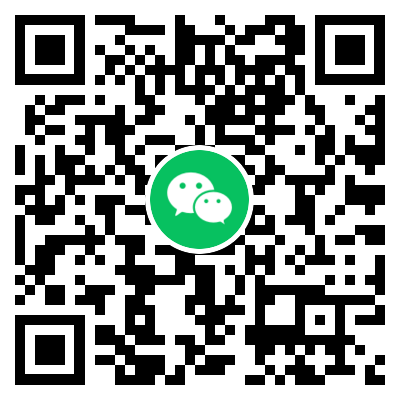資訊內(nèi)容
超全!點頭/搖頭/眨眼...你的各種小動作,用英語怎么說?

文 |?Aki
你平時做的動作,用英語怎么表達呢?
今天就為大家介紹一下,如何用英語表達我們身體各部位的動作!
與“頭”相關(guān)1nod
點頭。
He nodded his approval of what the candidate was saying as he was listening.
在聽候選人發(fā)言時,他點點頭表示贊成。

shake
搖頭。
He shook his head violently to show his disagreement with what she was saying.
他直搖頭來表示對她所說內(nèi)容的不贊成。

(因驚嚇、強光刺激等原因)眨眼。
He blinked rapidly as he tried to see in the bright sun.
他試圖直視艷陽,快速地眨了眨眼睛。

glance
快速地瞟了一眼某物或某人。
He glanced at the documents and gave his OK.
他瞥了一眼文件,表示同意了。

stare
長時間注視著某物或某人
He stared at the painting on the wall for over ten minutes.
他盯著墻上的畫有十多分鐘了。

wink
(正常的生理上的或處于某種目的而有意得)眨眼;眨眼示意。
He gave me a wink to signal that he understood.
他對我眨了眨眼,表示他懂了。

用鼻子來感知;聞氣味。
Roses smell wonderful.
玫瑰聞起來真香啊。

sniff
短暫地吸氣,聞某物的氣味。
He sniffed the various perfumes and decided on Joy No. 4.
他聞了聞不同香水的味道,選擇了喬伊4號。

嘴唇接觸,親吻。
He sweetly kissed his wife as they toasted their fiftieth wedding anniversary.
在慶祝結(jié)婚十五周年時,他給了妻子甜蜜一吻。

whistle
吹口哨,通過用嘴唇吹氣來發(fā)出聲音。
He whistled his favorite tune as he drove to work.
開車上班途中,他用口哨吹著最喜歡的歌。

mutter
咕噥,通常旁人難以聽懂。
He muttered something about how difficult his boss was and went back to work.
他嘴里嘟噥著自己老板有多么嚴厲,轉(zhuǎn)身又回去工作了。

taste
用舌頭嘗味道。
He tasted the vintage wine with relish.
他津津有味地品著紅酒。

whisper
輕聲說話,通常旁人聽不到聲音。
He whispered his secret into my ear.
他在我耳邊告訴我這個秘密。

bite
上下牙合住,放進嘴里,也就是咬。
He took a big bite out of the fresh apple
他咬了一大口新鮮蘋果。

chew
用牙齒磨碎食物,咀嚼。
You should always chew your food thoroughly before swallowing.
在吞進去前,你應(yīng)該好好咀嚼食物。

lick
用舌頭舔某物。
He licked his ice-cream cone contentedly.
他滿足地舔著冰淇淋。

吃東西或喝東西。
He swallowed his food even though he wasn't hungry.
雖然不餓,他還是吃著食物。

提了提肩膀,通常用來表示對某事漠不關(guān)心。
He shrugged when I asked him to explain why he had arrived late.
當我讓他解釋遲到的原因時,他聳了聳肩膀。

用手指指著或展示某物。
He pointed to his friend in the crowd.
他在人群中指向他的朋友。

scratch
刮擦皮膚。
If something itches then you probably need to scratch it.
如果某個地方發(fā)癢,你很可能會用手抓。

clap
鼓掌 。
The audience clapped enthusiastically at the end of the concert.
音樂會進入尾聲,觀眾熱切地鼓掌。

punch
用拳頭重擊。
Boxers try to knock out their opponents by punching them in the face.
拳擊手們用拳頭重擊對手的臉。

shake
來回晃動;見到某人時握手問候。
He shook the present to see if he could understand what was inside
他晃了晃禮物,想知道里面究竟放了什么。

slap/smack
用手擊打。
Don't ever slap a child, no matter how angry you become.
不管多么生氣,都不要對孩子動手。
He smacked the table hard to emphasize the point he had just made.
他重重地拍了下桌子,來強調(diào)剛做的決定。

用腳踢。
He kicked the ball into the goal.
他把球踢進球門。
2stub
用腳趾踢某物。
He stubbed his toe on the door.
他用腳踢門。



聲明:本文章由網(wǎng)友投稿作為教育分享用途,如有侵權(quán)原作者可通過郵件及時和我們聯(lián)系刪除




